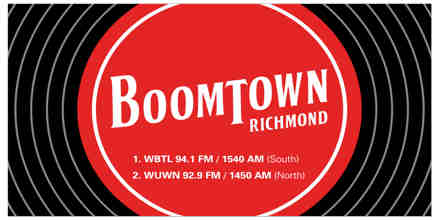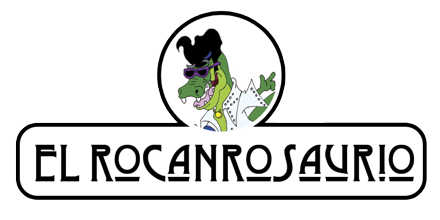Classic Hits is a broad and enduring musical genre that encapsulates the most popular and influential songs from various decades, typically spanning from the 1950s to the early 2000s. This genre is often characterized by its timeless appeal, featuring a diverse array of styles including rock 'n' roll, pop, soul, disco, and country. The term "Classic Hits" itself suggests a focus on songs that have stood the test of time, becoming staples in radio playlists, concert repertoires, and cultural memory.
The 1950s marked the birth of many Classic Hits, with artists like Elvis Presley, Chuck Berry, and Buddy Holly pioneering rock 'n' roll. Songs such as "Hound Dog," "Johnny B. Goode," and "That'll Be the Day" laid the foundation for the genre, blending elements of blues, country, and rhythm and blues to create a sound that was both energetic and melodic. These early hits set the stage for the British Invasion of the 1960s, led by bands like The Beatles and The Rolling Stones, who further popularized rock music with anthems like "Hey Jude" and "(I Can't Get No) Satisfaction."
The 1970s saw a proliferation of Classic Hits across multiple genres. Disco fever swept the nation with hits like "Stayin' Alive" by the Bee Gees and "Y.M.C.A." by The Village People, while soulful ballads from artists like Stevie Wonder and Marvin Gaye continued to resonate deeply. Country music also contributed significantly to the Classic Hits canon, with legends like Dolly Parton and Kenny Rogers delivering timeless tunes such as "Jolene" and "The Gambler."
The 1980s brought a new wave of synth-pop and new wave influences, with artists like Michael Jackson and Madonna becoming global icons. Songs like "Billie Jean" and "Like a Virgin" not only topped the charts but also defined an era with their innovative production and catchy melodies. Meanwhile, the 1990s introduced grunge and alternative rock, with bands like Nirvana and Pearl Jam producing Classic Hits that reflected the angst and energy of the time.
Classic Hits often share several common characteristics: they are typically upbeat and melodic, making them easy to sing along to; they have a strong emotional resonance, whether it's through joyful celebrations or heart-wrenching ballads; and they frequently address universal themes such as love, loss, and personal freedom. These songs often feature memorable hooks, catchy choruses, and lyrics that are both relatable and evocative.
The enduring popularity of Classic Hits can be attributed to their ability to transcend generational boundaries. Parents who grew up listening to these songs often introduce them to their children, creating a shared musical heritage. This intergenerational appeal ensures that Classic Hits remain relevant and beloved by diverse audiences.
In addition to radio playlists, Classic Hits are frequently featured in movies, television shows, and commercials, further cementing their place in popular culture. They serve as the soundtrack to countless memories, from first dances at weddings to road trips with friends. Their ability to evoke nostalgia and create a sense of community makes them an essential part of our collective musical experience.
Classic Hits also play a significant role in live performances and tribute acts. Many artists continue to perform these timeless songs in concert venues around the world, while tribute bands pay homage to legendary performers by recreating their iconic sets. These live experiences allow fans to relive the magic of Classic Hits and introduce new listeners to the genre's rich history.
In conclusion, Classic Hits represent a golden era of music that continues to inspire and entertain audiences today. From the pioneering sounds of rock 'n' roll to the disco beats of the 1970s and the grunge anthems of the 1990s, these songs have left an indelible mark on popular culture. Their timeless appeal, emotional resonance, and universal themes make them a cherished part of our musical heritage, ensuring that they will continue to be celebrated for generations to come.
 011FM Classic Hits011FM Classic Hits
011FM Classic Hits011FM Classic Hits 1.2k
United States Classic hits
1.2k
United States Classic hits 1.1k
1.1k
 1
Italy, Rome Classic hits 127 kbps AAC (LC)
1
Italy, Rome Classic hits 127 kbps AAC (LC)






































